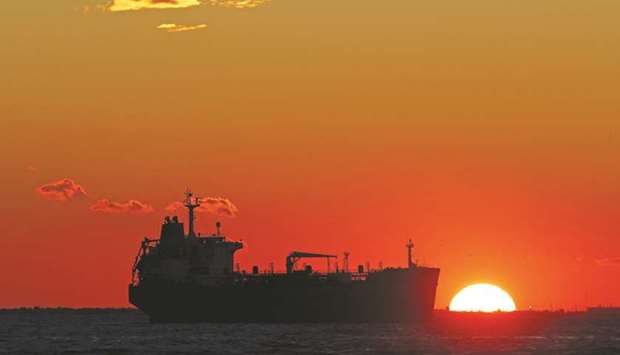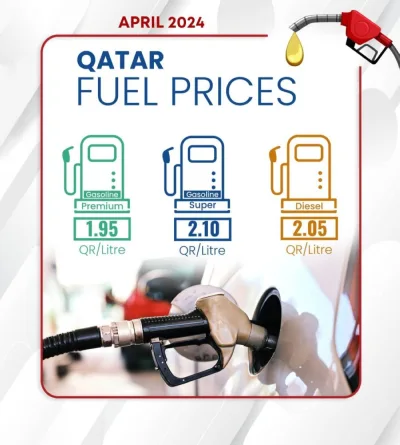The world’s biggest Islamic bond arrangers are expecting sukuk issuance to pick up in 2019 as governments in oil-producing economies seek to fill budget shortfalls after the price of crude declined in the past year, despite recent gains.
CIMB Group Holdings Bhd and Malayan Banking Bhd, who ranked first and third as managers in 2018, expect global issuance of notes that comply with the religion’s ban on interest to increase this year, without giving specific numbers.
Sukuk sales tapered off to $45.7bn last year from a record $56bn in 2017, data compiled by Bloomberg show.
“We expect the 2019 number to improve after a weaker 2018,” as oil-dependent countries issue debt to fund any potential budget deficits, said Caroline Teoh, regional head of investment banking and advisory at Maybank. “Demand for quality credits and Shariah-compliant assets will persist,” as rising interest rates reduce the liquidity pool and push issuers to seek alternative funding sources.
Malaysia, the largest sukuk market, faces a widening budget deficit after the price of Brent crude slid 20% last year amid concerns of a supply glut and a global economic slowdown, as well as reduced revenue from consumption tax.
Brent has jumped back 14% this year to $61.50 a barrel, which may affect sales from the UAE and Saudi Arabia.
Rafe Haneef, chief executive officer at CIMB’s Islamic arm, sees infrastructure spending driving sukuk issuance in the Middle East and Malaysia.
Here are some more views:
n Teoh at Maybank says sales from the Middle East will be the wildcard, as offers may fluctuate depending on oil prices.
n Mohieddine Kronfol, chief investment officer for global sukuk at Franklin Templeton Investments, expects demand for Islamic notes to increase due to the possible inclusion of sovereign and quasi-sovereign notes from frequent issuers in JPMorgan Chase & Co’s emerging-market indexes.
n “The big uncertainty is where oil prices will go,” said Mohamed Damak, global head of Islamic finance at S&P Global Ratings. “Our scenario for oil at an average of $55 a barrel would mean more financing needs from traditional sukuk markets for budget financing and infrastructure.”

An oil tanker sits anchored off the Fos-Lavera oil hub near Marseille, France (file). The world’s biggest sukuk arrangers are expecting sukuk issuance to pick up in 2019 as governments in oil-producing economies seek to fill budget shortfalls after the price of crude declined in the past year, despite recent gains.


